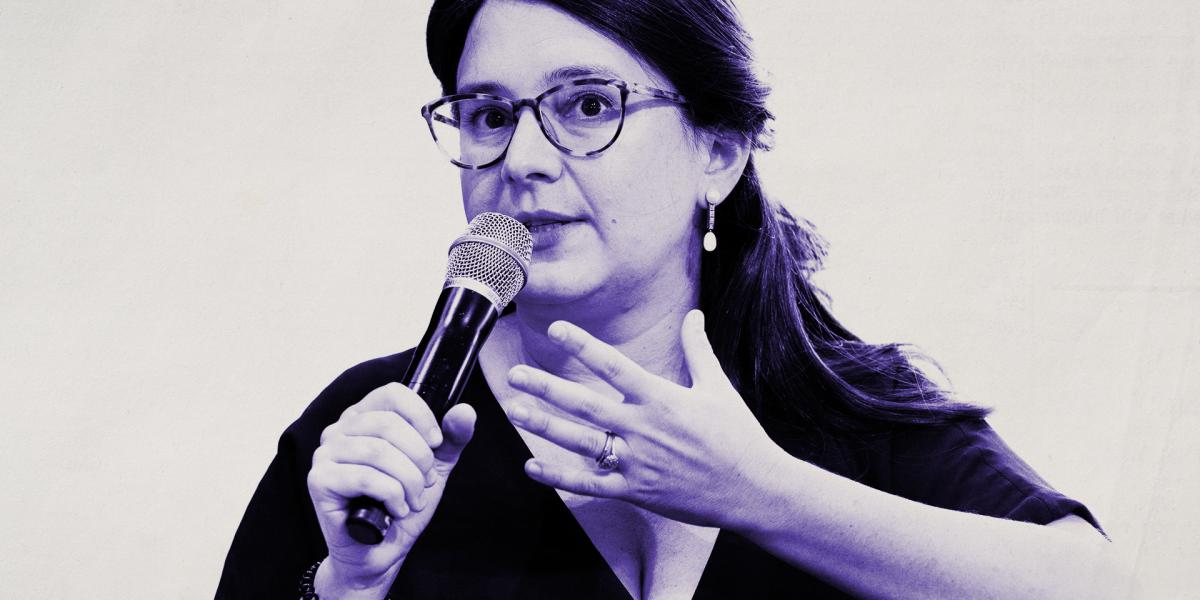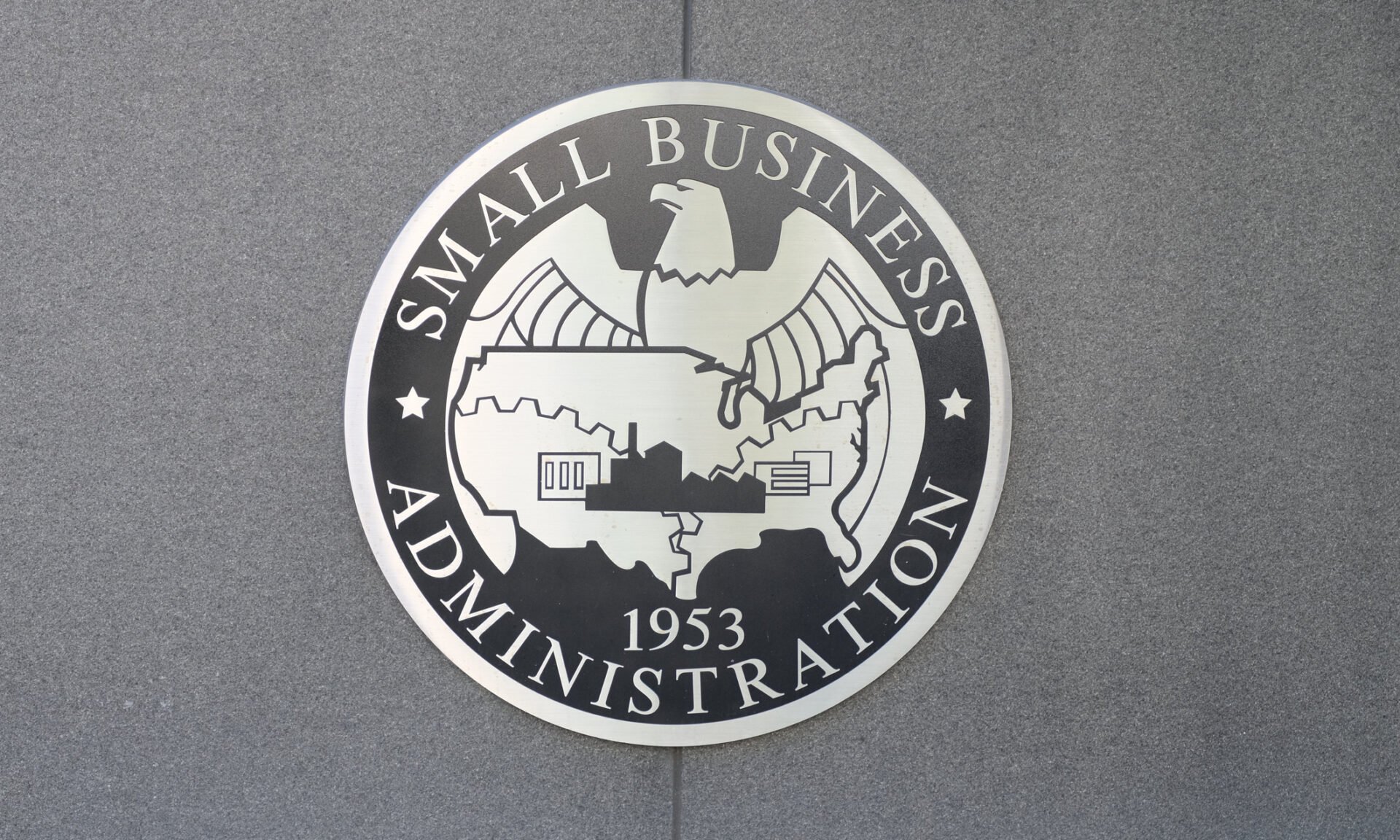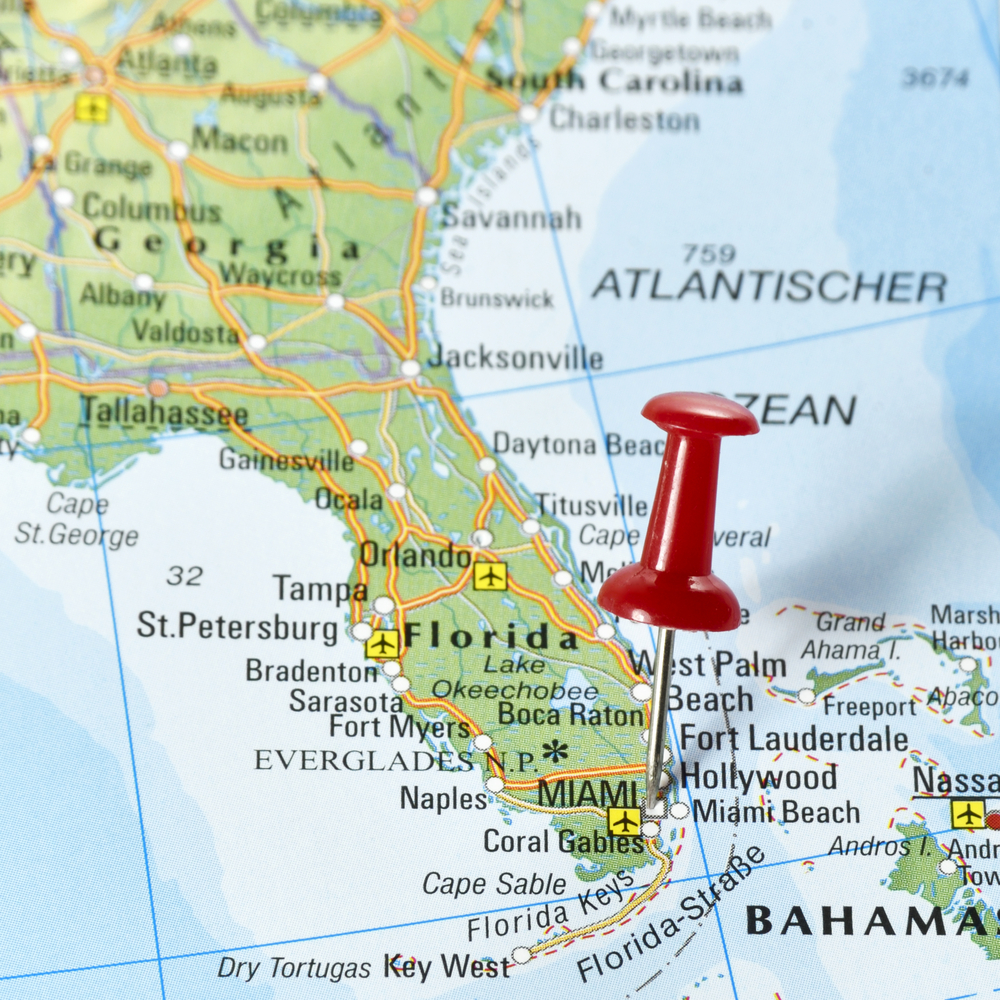On Monday, the long-rumored deal was made official as Paramount bought the online media outlet The Free Press and named its founder, Bari Weiss, as editor-in-chief of CBS News.
Weiss became a hero for certain factions of the anti-progressive coalition when she quit her job at The New York Times in 2020 to protest what she saw as the paper’s growing intolerance of dissenting opinions. She started The Free Press with her sister and wife, presenting the philosophy of the digital outlet as an inverse of the kind of progressive dogmatism she had seen at the Times. But now, she returns to the legacy press, taking the helm of an outlet much larger than her own.
Many of Weiss’s ideological peers jumped on the news to celebrate what they see as a decisive institutional victory over the awful legacy media machine that they, rightly, say is largely responsible for driving the country so far off track. Taking a step back, this news was presented by many as further evidence of a “vibe shift” taking place in the West, as the pendulum swings back from the unhinged, dogmatic leftism that seemed to hold our culture hostage at the beginning of the decade.
Left-leaning critics of Weiss fed into the narrative that this deal represents some big sea change in the “respectable” media landscape, labeling her a “provocateur” and founder of a far-right “blood and soil” blog who is destined to derail the legacy outlet she now controls.
But is any of that really true? Does Bari Weiss’s appointment as head of CBS News really represent a major shift away from the status quo in America’s media industry?
The answer is no.
To see why, we need to better understand where Weiss and her close ideological allies are positioned politically in today’s America.
When it comes to political labels, Weiss has been hard to pin down. In her resignation letter from The New York Times, she called herself a centrist. Other times, she’s identified as “politically homeless” because, like a lot of people, she has difficulty placing herself neatly on the basic left–right spectrum. She says she is pro-choice and pro-gay marriage, but has also opposed many of the excesses of the “woke left.”
Her strongest beliefs—made obvious through her rhetoric and behavior—are a strong commitment to the principle of free speech and an even stronger commitment to the ongoing support of Israel that can sometimes override her dedication to free speech when it comes into conflict.
So, when it comes to the issues, Weiss and her colleagues are not easily placed on the left–right spectrum. But that’s okay, because the left–right spectrum is not the most important axis for understanding modern American politics. That belongs to the establishment–anti-establishment spectrum.
The most clarifying metric for determining where somebody stands politically is how invested they are in either protecting the status quo or meaningfully moving away from it.
Now, Weiss and her friends absolutely present themselves as heterodox thinkers—as people boldly telling hard truths in the face of powers-that-be who want those truths to remain unsaid. But are they really?
As I have explained here before, we have an identifiable political class in America today. It’s composed of four distinct groups of people. The first are politicians and all those appointed directly by politicians. So think of the president and members of Congress, but also cabinet members, ambassadors, and Fed governors. These are the figures most people picture when they think of American politics, but they represent only one small part of the political class.
The second, much larger, group comprises the unelected bureaucrats—the “fourth branch”—who form the permanent, administrative components of the federal government. Where the first group is made up of only a couple of thousand people at any given time, the second group accounts for around 3 million people.
The third group is what we could call the plutocrats. They are the people who owe their wealth directly to the actions of the federal government and who, therefore, lobby and pay to use government power to line their pockets. Picture the heads of the big banks or the weapons companies and tech firms that make up the “defense” industry.
The fourth and final group is what Murray Rothbard called the “court intellectuals.” These are the “experts” in academia, at think tanks, and news outlets who excuse and justify the actions and ambitions of the rest of the political class.
Political authorities have always relied on intellectuals to affirm the state’s legitimacy in the minds of the broader population. And intellectuals—who are often frustrated with how little people are willing to voluntarily pay for their intellectual services—are easily lured into serving the state’s interest in exchange for official recognition, access, and tax dollars.
Together, those four groups make up the American political class. It’s not a single group, but a coalition. The “establishment” refers to the established, or current, political class.
Despite the sham fights they put on in front of the cameras, establishment Democrats and establishment Republicans are actually very unified ideologically. Both adhere to what Ludwig von Mises called “interventionism”—the prevailing ideology among the modern world’s governments.
Interventionists believe in a mixed economy between socialism and capitalism, where the bulk of the government’s actions are isolated interventions. It’s built on the idea that the wealth of the population is, in Mises’s words, “a fund which can be freely used” for the improvement of society through targeted interventions.
In other words, interventionism is an ideology whose adherents believe—or pretend to believe—that we are perpetually only a handful of government interventions away from fixing most of society’s problems.
The establishment is not only unified behind this idea, but is better thought of as being unified behind a specific pace of interventionism. The “status quo” that they work so hard to defend is a trajectory of government growth.
And that’s because this trajectory is constantly making all parts of the coalition richer and more powerful.
Court intellectuals use their establishment-sanctioned “expertise” to argue that society’s problems can only be solved with government interventions. Politicians offer to enact these interventions in exchange for votes and donations. Plutocrats work to warp the interventions to their own benefit and then lobby and pay politicians to legislate even more lucrative interventions. After they are enacted, the easily predicted bad consequences of the interventions are used by court intellectuals and politicians to justify even more interventions.
The bureaucratic group gains jobs, money, and power that it works with court intellectuals to protect and expand. The ever-growing interventions build up more government power, which is then offered to interested plutocratic buyers. The cycle continues, and more and more of the public’s wealth is siphoned off to the political class while they grab more power over more aspects of our lives.
Meanwhile, establishment politicians put on their sham fights with each other over minor policy differences to feed the impression that there are meaningful differences between the parties. And the establishment media stokes heated fights over—admittedly very important—“culture war” issues to convince you the primary reason your life is getting harder and your country seems to be falling apart is not because of the rackets the political establishment is carrying out to rip you off and trample on your rights, but because of other people who are just as removed from power as you.
The establishment left tends to push to speed the trajectory up a bit faster, while the establishment right pushes to preserve the pace or, at most, slow it down a little—never reverse it. But together, the most important thing for all members of the establishment is to protect this very lucrative status quo. That’s the priority.
In recent decades, far-left identitarian progressives have been useful to the political class because they’re always pushing for significantly more government control over our lives. But the establishment is also fine turning over some institutions to “anti-woke” culture warriors for a bit if the social progressives go too far or need to take a turn feeling powerless.
That is, at most, what Bari Weiss represents. (I say “at most” because her “anti-woke” beliefs only appear heterodox to readers living in very progressive milieus).
At their core, Bari Weiss and her colleagues at The Free Press are fundamentally committed to protecting the status quo from anti-establishment political groups on all sides. They are part of the establishment.
They brand themselves as “heterodox” thinkers, not only to appear exciting, but to gatekeep and discredit the true heterodox thinkers—mostly those on the right when it comes to The Free Press.
So, stripped of all the fake heterodoxy meant to misdirect, this Paramount deal is nothing more than an establishment media outlet getting handed over to a new member of the establishment wearing a slightly different hat.
The move makes a lot of sense from the political class’s perspective as Americans—especially progressive Americans—turn against the establishment’s support for Israel at historic levels. In fact, Weiss’s insistence that the Israeli government’s enemies are the biggest threat to Americans could well be the primary reason the Zionist Ellison family, who owns Paramount, selected Weiss for this role in the first place.
If we get to enjoy even a slight reduction of the kind of deranged, identitarian leftism we’ve been forced to endure from the establishment press in recent years, that will be nice. But it’s a mistake to think that Bari Weiss’s appointment at CBS News is a meaningful step in the right direction.
























